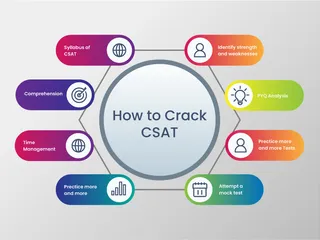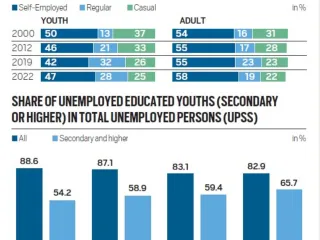The phrase "more personal stakes" refers to situations where the potential outcomes of a decision significantly impact an individual's well-being, finances, relationships, or other aspects of their life. These are decisions that carry a higher degree of personal risk and often involve a greater emotional investment.
Factors Influencing Personal Stakes
Several factors contribute to the perceived level of personal stakes in a decision:
- Potential consequences: The severity of positive or negative outcomes significantly impacts the perceived risk. A decision with the potential for substantial financial loss carries higher personal stakes than one with minor implications.
- Personal values: Decisions that conflict with deeply held values or beliefs often feel like higher stakes. For example, a decision impacting one's ethical standards would carry significant personal weight.
- Emotional involvement: The emotional connection to the decision and its potential outcomes increases the perceived stakes. Decisions involving loved ones or matters of personal identity tend to be more emotionally charged.
- Uncertainty and ambiguity: A lack of clear information or predictability heightens the perception of risk and increases personal stakes.
- Past experiences: Prior experiences with similar high-stakes decisions can influence how individuals perceive and react to new ones.
Navigating High-Stakes Decisions
Effective decision-making under high personal stakes requires careful consideration and a structured approach:
- Clearly define the problem: Frame the decision clearly and identify the key factors at play.
- Gather information: Thoroughly research and collect relevant data to reduce uncertainty.
- Assess potential consequences: Evaluate both the positive and negative outcomes of each possible choice.
- Consider your values: Align your decisions with your core values and beliefs.
- Seek advice: Talk to trusted individuals who can offer objective perspectives.
- Manage emotions: Acknowledge and manage your emotional response to the situation to make a rational decision.
Making decisions with more personal stakes can be challenging, but by understanding the underlying factors and employing a structured approach, individuals can improve their ability to navigate these situations effectively.
Further reading on decision-making psychology can be found at resources like the American Psychological Association (APA) website.









































 (24)jpeg-1722421859875.jpeg.webp)



